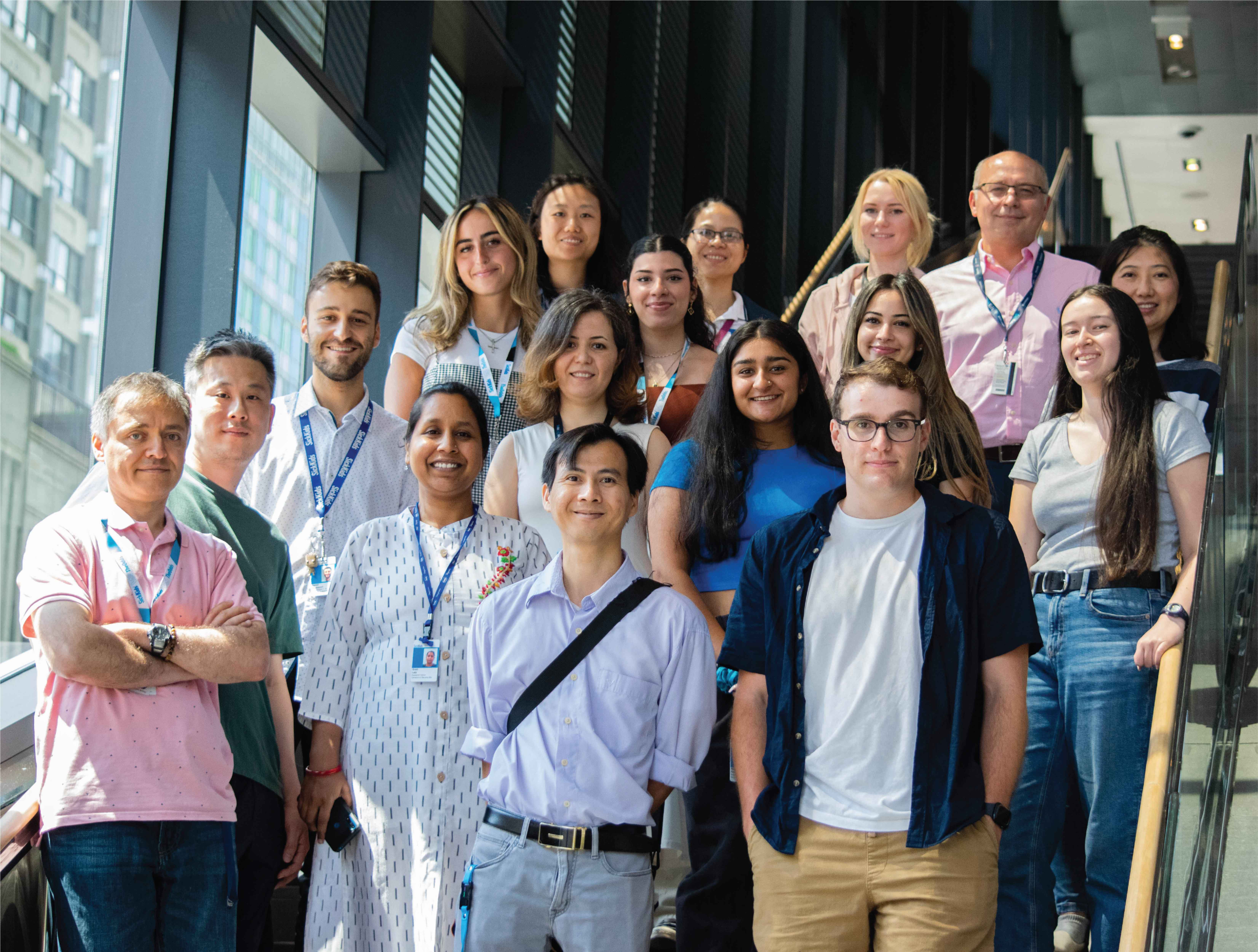The Ivakine Lab
The Ivakine Lab
Utilizing novel gene therapies to target rare inherited diseases
The Ivakine Lab
Utilizing novel gene therapies to target rare inherited diseases
A targeted approach
Our mission is to understand disease pathogenesis and to develop next generation genetic medicines for rare inherited disorders, with a particular focus on neurodevelopmental and neurodegenerative conditions. We are working towards creating therapeutics capable of correcting the underlying cause of a disease, targeting its roots at the DNA level.
We use a multitude of complementary genetic, biochemical, molecular and genome engineering approaches to generate and characterize cellular and animal models of disease. Through this, we are gaining insight into how certain mutations lead to dysregulated cellular homeostasis precipitating disease onset. We concentrate our efforts on Niemann-Pick Disease Type C, Duchenne Muscular Dystrophy and Tay-Sachs Disease.

Projects
Our lab focuses on rare genetic disorders, such as Tay-Sachs Disease, Niemann-Pick Type C and MECP2 Duplication Syndrome.
We also work closely with the Cohn Lab, studying Duchenne Muscular Dystrophy
What we do
A main focus of the Ivakine Lab is developing and testing treatments for genetic disease, with a particular focus on neurodevelopmental and neurodegenerative conditions including Niemann-Pick disease type C and Tay-Sachs disease, using a variety of genome engineering tools (i.e. CRISPR-Cas9, prime editing, base editing, CRISPR activation).
Our broad aims are to:
- Evaluate editing strategies for the correction of known pathogenic variants
- Develop saturation editing techniques to generate models of all known variants within a locus


